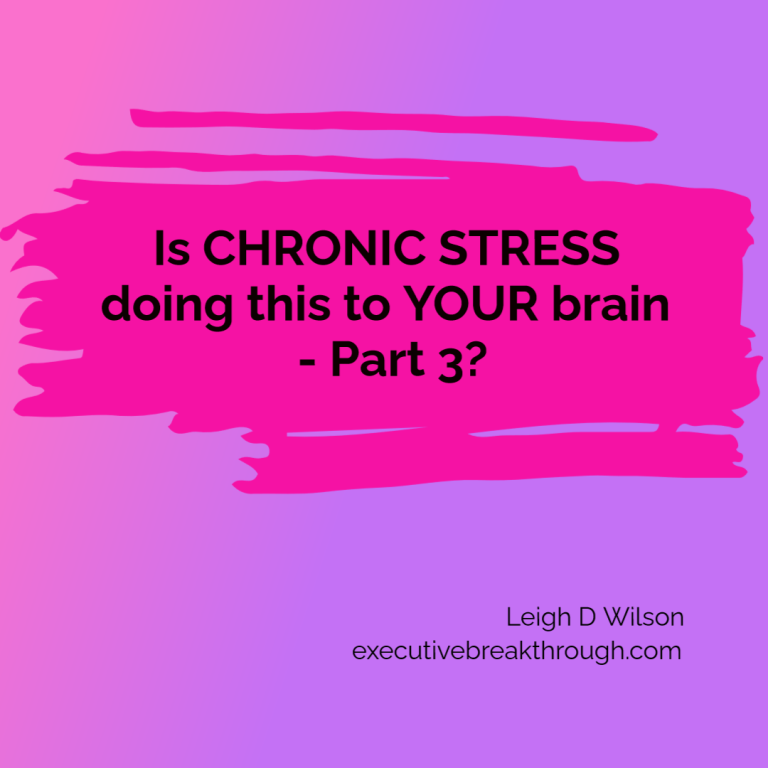Now let’s wrap up this series on ‘Is chronic stress doing this to YOUR brain?’ with actionable steps to help you dealing with it. While stress can make your world seem like a grayscale painting, the good news is that there are scientifically-backed methods to bring the colour back into your life.
Firstly, let’s talk about exercise. Think of it as your go-to tool for combating stress. Exercise doesn’t just get your heart rate up; it tackles bodily inflammation – the response that can negatively impact the brain systems responsible for motivation and mental agility – and even helps your brain grow new cells, particularly in the hippocampus, which can shrink under long-term stress. This boosts both your mood and mental sharpness.
Secondly, social connection is your next ally. Don’t underestimate a heartfelt conversation or a simple get-together with family and friends. These interactions work wonders for lowering stress levels.
Third, never stop learning. Building up a reservoir of cognitive skills—what experts call cognitive reserve—can act as a buffer during life’s more stressful moments. A strong cognitive reserve can make you less susceptible to stress-induced mood disorders and cognitive impairments.
So what is ‘cognitive reserve’?. Imagine your brain is like a bank account, and cognitive skills are the currency. The more you deposit into this account through learning and mental stimulation, the more robust your cognitive reserve becomes. When life throws stress your way, a strong cognitive reserve serves as a buffer, allowing you to cope better.
This doesn’t mean you’re impervious to stress or emotional challenges, but it does mean you have a better mental toolkit to handle them. Research suggests that people with a strong cognitive reserve are less likely to suffer from depression and cognitive impairments. So don’t stop learning; be it a new skill, a language, or even a musical instrument—keep depositing into your cognitive “bank.”
Mindfulness and giving back to others are also great ways of combatting chronic stress. Living in the present moment can offer a breather from the stress, while acts of generosity—be it donating or volunteering—activate the reward system in your brain, elevating your mood.
While the suggestions above might not appear to be high-tech or revolutionary, they are time-tested and reliable ways for you to start addressing the problem.
The key takeaway here is to act before stress becomes unbearable. By identifying the problem as early as possible and taking a holistic approach to treatment you can make a world of difference for your mental and physical health.
And, of course, don’t think you have to wait for stress to rear its ugly head to start these practices. Lifelong brain health can start right now. Equip yourself with these tools and strategies to live a more balanced and stress-free life.
If chronic stress is troubling you or holding you back in some way, let’s have a chat. There is every possibility that I can help you quickly let it go, possibly in only a session or two.
Adapted from ‘How chronic stress changes the brain, and what you can do to reverse the damage’, Neuroscience News, 14 March 2020
#feelingstuck #selfdoubt #worry #stress #anxiety #selfconfidence #overwhelm #procrastination #burnout










